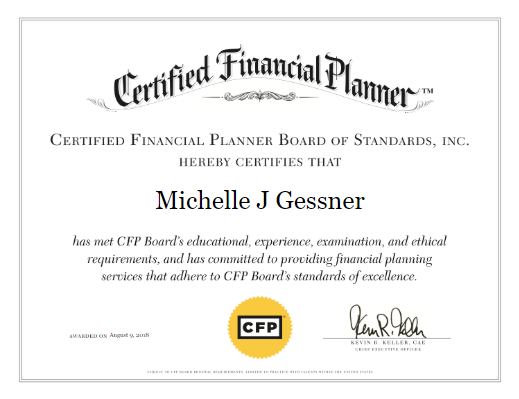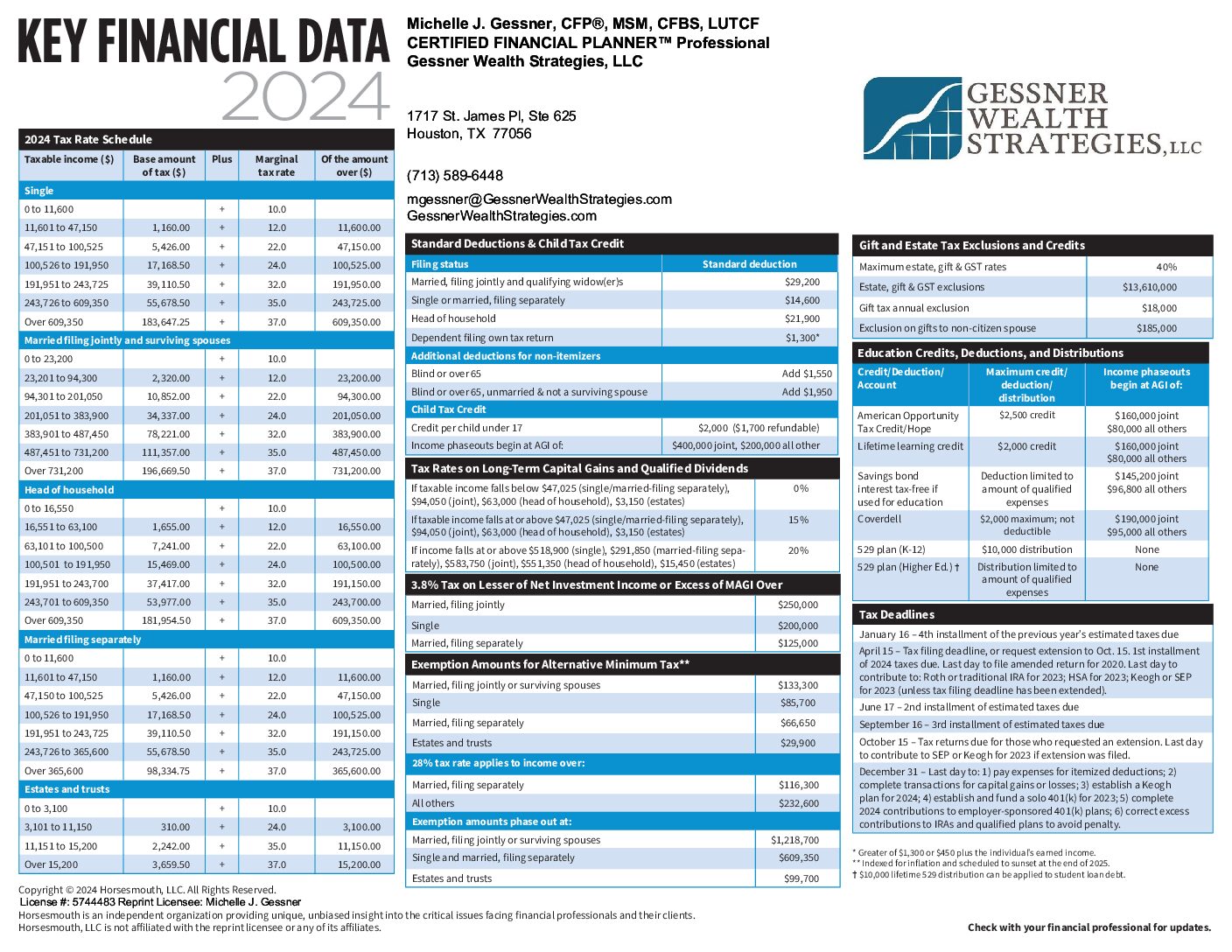Having a marketable idea or set of skills is essential to owning a successful and prosperous business. However, it’s just not enough to ensure good financial health. Like anything else in life, what you don’t know can hurt you.
Protect the financial health of your business by recognizing the common pitfalls to avoid them.
Read on for 7 of the most common financial mistakes small business owners make.
1. Not Having a Retirement Plan
One of the biggest mistakes small business owners make is putting all of their money into the business with nothing into a retirement account, thinking that the worth of the business when sold will be their retirement nest egg.
While the business may sell someday for a nice sum of money, things can go wrong. Saving each year to a retirement account is important for the wellbeing of the business owner’s future but may also be a significant tax deduction for the business.
Establishing a 401(k)
Creating a retirement account such as a 401(k) requires contributions for employees as well which means a financial commitment, but the commitment is not as large as some may imagine.
Establishing a 401(k) plan with an employee match or a non-elective contribution creates additional tax deductions for the business and more importantly, is associated with a higher rate of employee retention.
Good employees want a retirement account and if they cannot get one from you, they may end up leaving for your competitor who offers one.
2. Not Offering Health Insurance
The same can be said for offering other benefits, and while the cost of health insurance is expensive, you may be able to offer a QSEHRA instead.
A Qualified Small Employer Health Reimbursement Arrangement allows small employers who do not offer group health benefits to decide what they will contribute toward their employees’ health care costs, up to an annual maximum that is set by the IRS.
The employee may then choose their own health insurance plan and use that money to defray the cost.
Such an arrangement is easy with a provider who specializes in such plans and can be done with as few as one employee.
3. No Life Insurance, Disability, or Business Liability Protection
Even if the business is not yet producing significant profit, the owner should put in place a life insurance policy and a disability policy while he or she is still healthy that can later be used for a Buy Sell agreement as the business grows. Getting the policy in place now locks in the rates and insurability.
A transfer of ownership may make sense later to future business partners in a Cross Purchase arrangement. In the meantime, if the owner dies prematurely, the family has money to pay off business loans and to replace the income of the business owner.
Ask your attorney to set your business up with proper liability protection for your business with the correct business entity, such as an LLC, and do not wait to put into place a business owner’s commercial liability insurance policy.
4. Doing the Bookkeeping and Taxes Yourself
Do not be tempted to do the bookkeeping and taxes yourself, even if you think you are savvy. Find the money to pay a qualified bookkeeper to set up your books correctly and provide ongoing bookkeeping to prevent costly mistakes or clean-up. Also, if you are doing the bookkeeping yourself, you are not spending your time efficiently.
What could you be doing with your time instead that would bring greater returns to your business? A good tax advisor will set up your business properly in the beginning with an eye toward growth. For example, it may be advisable to file as an S-Corporation now vs. later if fast growth is expected to avoid high self-employment taxes.
5. No Company Handbook
Even if your business is small and you have only one employee, it is imperative to put into place a company handbook that outlines all of your employment policies that each employee signs as an acknowledgement.
This handbook will include such policies as vacation and paid time off policies, but also sexual harassment policies and expectations for behavior. A company handbook with signed acknowledgements protects your business from employment issues that you didn’t see coming and helps to set expectations with employees.
6. Signing a Lease Without Professional Help
When it comes time to move into a nice space for the business, you will be asked to sign a lease. Too many small business owners rush into the process without really understanding what they are signing and assume that the language and policies cannot be changed.
While it may be true that certain practices within a lease are unlikely to be altered, there are many areas that can be tweaked to provide your business with additional protection or freedom.
An example is the relocation section. Your property owner may have an onerous Right to Relocate clause that would wreak havoc on your business if they decided to execute it. Invest in a good real estate attorney to review the language to recommend modifications before you sign it — which is when you have the most negotiating power.
7. No Cash Flow Protection
The best time to apply for a loan is when you do not need it. Early in the business, a traditional bank loan or line of credit is out of the question because the business has no history to support an approval. Cash must be raised with alternative means such as a personal loan or line of credit.
After about 5 years, the business may be doing well with an upward trend in revenue, and all is going well.
That is precisely the time to ask the bank for a business line of credit to keep on hand for an unforeseen cash flow issue or growing pains. Doing so protects the business, but also builds credit for the business.
As a CERTIFIED FINANCIAL PLANNER™ practitioner, Michelle Gessner is held to the highest fiduciary standards set forth in the industry. Her firm, Gessner Wealth Strategies, is surrounded with experts in tax and investment research so clients have the best of both worlds – the resources of a large firm with the caring, dedication, and personal service of a small firm. Michelle regularly conducts retirement planning workshops for pre-retirees at community colleges in Houston.











